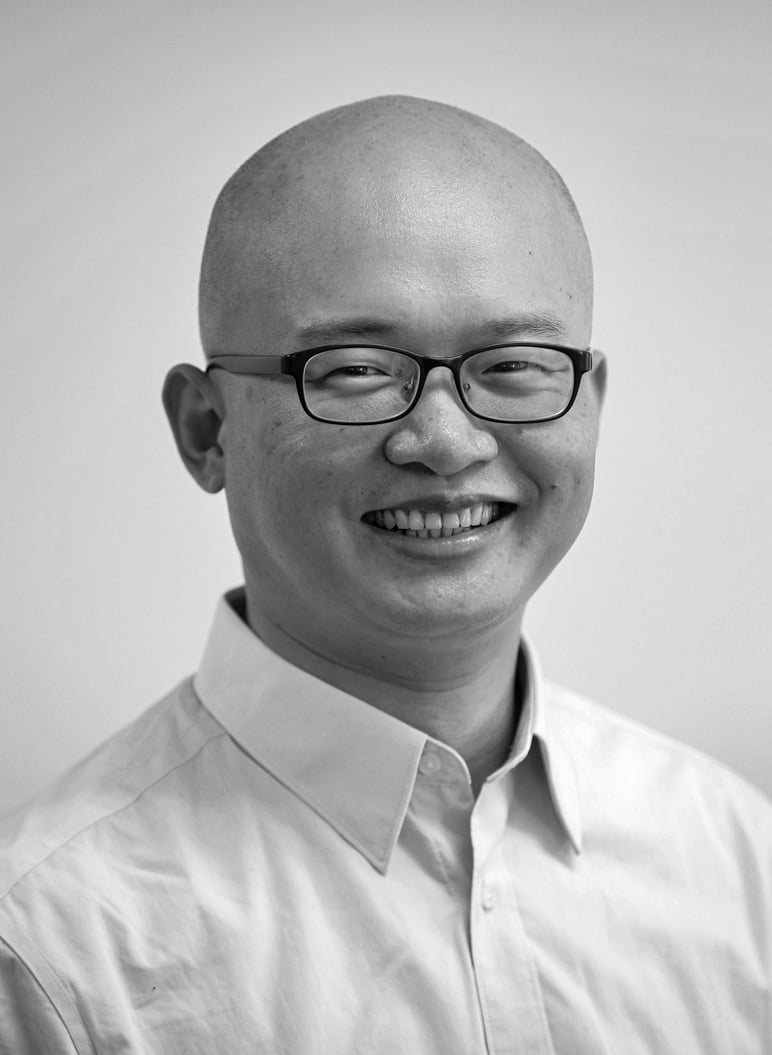
China’s debate over a ‘people-oriented’ economy is a troubling sign for its market reforms
- Comments from an economist calling for something resembling the command economy under Mao Zedong should never have garnered so much attention
- The debate reflects a changing political environment in a country that should do more to address its widening wealth gap without turning back the clock
A debate about China’s future economic model should not have happened. But now that it has, it deserves attention.
The Communist Party officially put an end to debate about China’s economic path back in 1992. The purpose of the country’s economic reforms is to build up a “socialist market economy system”, then-party chief Jiang Zemin declared. In simple terms, China would embrace the market.
Since then, many people have tried to define what a “socialist market economy” means for China, but few people have been willing to openly doubt the market economy itself. In 2013, the Communist Party issued a long to-do list to showcase its commitment to the system.
But this economic model is once again open to debate after comments from an economist known for his stance on protecting peasants’ rights. Dying cinders are glowing again, as a Chinese idiom puts it.
A decade ago, his views could have been easily dismissed as a laughable noise. But the rapidly changing political atmosphere in China in recent years has made his argument look more serious or even like a plausible policy choice for Beijing.
A number of liberal Chinese economists have already hit back. Beijing has stayed quiet.
That such a debate could so easily flare up is a troubling sign. As China’s rapid economic development in the last three decades has produced a widening wealth gap and rampant social injustice, voices against the market, capital and private entrepreneurs have become louder.
To be sure, it is time that China seriously examined its wealth gap problem, but it would be dangerous to blame private entrepreneurship. In fact, many wealth gap problems are caused by a lack of private property protections and fair market mechanisms. One reason Chinese peasants are poorer than urban residents is because they are deprived of the right to share benefits from the land they occupy.
The idea of a “people-oriented economy” is a betrayal of the reforms that have delivered China’s economic miracle. Like many idealistic visions of a paradise of absolute equality, this idea fails to offer a realistic approach to achieve its lofty goals.


